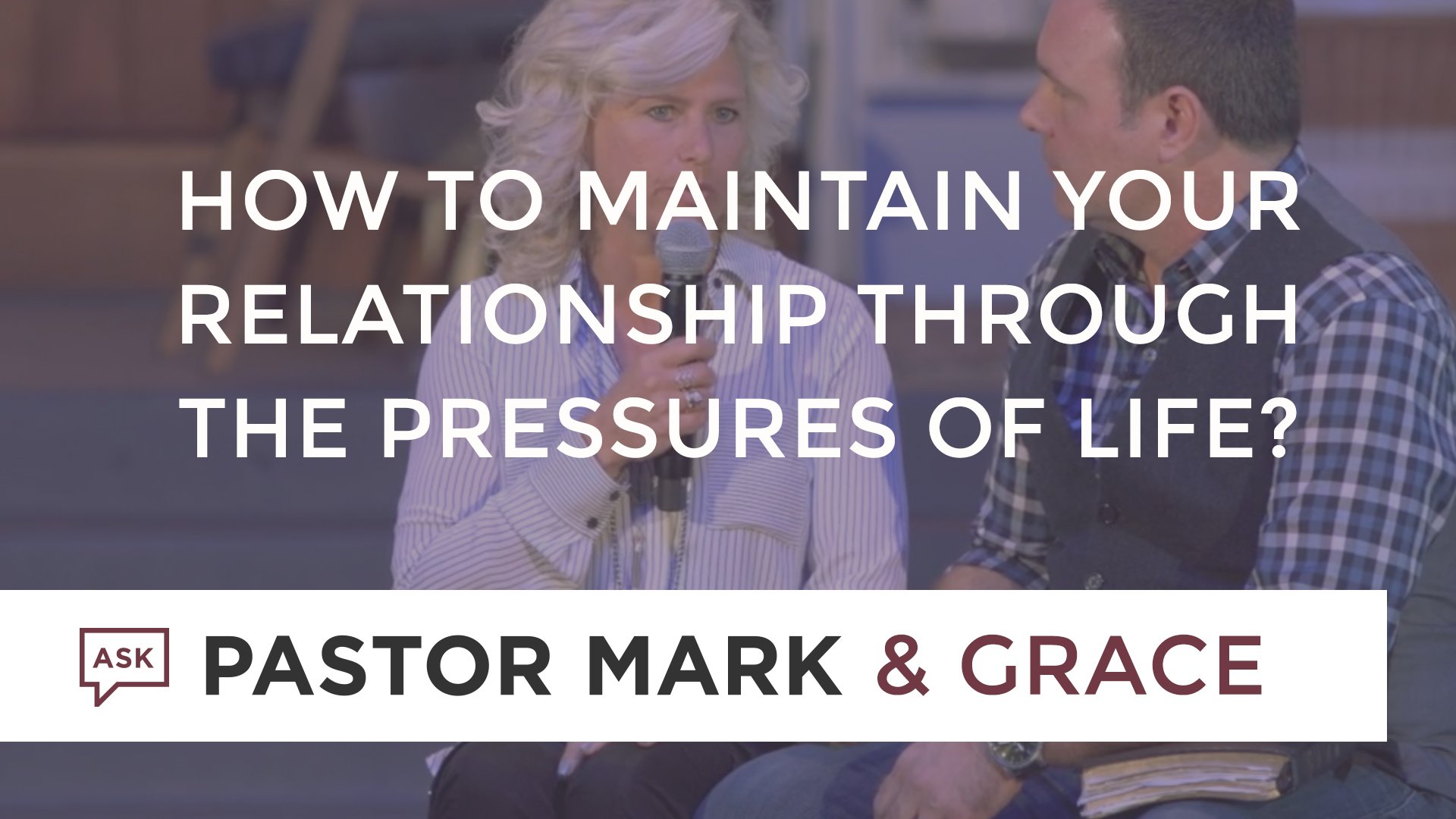“…God said, “Let us make man[h] in our image, after our likeness.” –Genesis 1:26
God’s love compelled him to make us in his image and likeness to be in loving relationship with him and with one another. God did not make us because he was lonely, or because he wanted someone to talk to, and certainly not because he was relationally needy. He has experienced relationship perfectly within the Trinity.
However, God did make us to worship, to pour ourselves out in love to him in a relationship of self-giving adoration and action patterned after the community of the Trinity. Speaking of creation, in general, which also applies to the creation of mankind, in particular, the Orthodox theologian Kallistos Ware says:
The world was not created unintentionally or out of necessity; it is not an automatic emanation or overflowing from God, but the consequence of divine choice. We should think, not of God the Manufacturer or God the Craftsman, but of God the Lover. By voluntary choice God created the world in “ecstatic” love, so that there might be besides himself other beings to participate in the life and the love that are his.4
Furthermore, because men and women are made in God’s image and likeness, we too are created for loving relationship with God and one another. This need for relationship and love explains why, prior to sin even entering the world, the one thing declared to be “not good” was “that the man should be alone; I will make him a helper fit for him.”5
Tragically, because of sin, our love and worship are marred. As sinners separated from God, we are prone to love people, things, and experiences as gods rather than God. Too many people worship angelic beings who pretend to be god.6 As worshipers, we pour ourselves out in adoration and action for the spirits/demons, people, things, and experiences that we love in place of God.
In love, however, the Trinitarian community of God enacted a plan through which we sinners might be saved from our sin and reconciled to God and one another in loving relationship. The Bible reveals that God’s loving plan was that God the Father would send God the Son into human history as Immanuel, God with us in flesh. The God-man, Jesus Christ, lived as a perfectly Spirit-filled human, a perfect example of our life of love for God and others. He died on a cross in the place of sinners and then resurrected to bodily life to bring us newness of life so that God the Spirit would indwell lost sinners, regenerating them and sealing them as God’s possession.7 Make no mistake, Jesus mission was one of love.
Who has most reflected God’s love to you? What can you do to thank them today?
4 Kallistos Ware, The Orthodox Way (Crestwood, NY: St. Vladimirs Seminary Press, 1995), 44.
5 Gen. 2:18.
6 Deut. 12:1–3; 1 Kings 11:1–10; Ps. 106:37–39; 1 Cor. 8:5; 10:20.
7 Eph. 1:3–14.





